Introduction
Welcome to the captivating realm of life in the United Kingdom! Envision a landscape where history resonates within the walls of ancient castles, where every thoroughfare echoes with stories, and where each culinary delight is a celebration of flavors. That’s the essence of the UK – a fusion of culture, customs, and cuisine harmonizing to create a mesmerizing tapestry of experiences.
Table of contents
- Introduction
- British Culture: Blending Tradition with Modernity
- Customs and Etiquette: Navigating British Social Waters
- Cuisine and Dining Culture: A Feast for the Senses
- Festivals and Celebrations: Embracing the Spirit of Britain
- Tips for Embracing Life in the UK: Making the Most of Your Experience
- Conclusion : Life In United Kingdom
- FAQs
Exploring British Culture
Let’s start our journey by diving into the vibrant tapestry of British culture. From the legendary tales of King Arthur to the latest chart-topping hits, British culture is a colorful collage of influences from around the globe. Get ready to be swept away by the magic of Shakespeare, the beats of The Beatles, and the brushstrokes of Turner.
Understanding Customs and Etiquette
Now, let’s talk about the unwritten rules of British life. Ever wondered why the Brits are so polite? Or why they love talking about the weather? We’ll unravel the mysteries of British etiquette, from the art of queuing to the proper way to enjoy a cuppa. After all, fitting in like a local is all about mastering the subtle nuances of social interaction.
Indulging in British Cuisine
Get ready to experience a food journey unlike any other, where your taste buds are in for a real treat! From the iconic fish and chips to the comforting warmth of a traditional Sunday roast, British cuisine is a delightful fusion of hearty flavors and comforting classics. Join us as we explore quaint tea rooms, bustling markets, and cozy pubs in search of the perfect bite.
Celebrating Diversity and Inclusivity
In the UK, diversity isn’t just celebrated – it’s embraced with open arms. From the bustling streets of London to the picturesque villages of the countryside, you’ll find a rich tapestry of cultures, languages, and traditions. We’ll shine a spotlight on the vibrant festivals, mouthwatering dishes, and heartwarming stories that showcase the beauty of diversity in the UK.
Embarking on a Journey
So, are you ready to embark on a journey through the enchanting landscapes of the United Kingdom? Whether you’ve traveled a lot or just want to explore, there’s something cool to find in this awesome place. So, grab your passport, pack your sense of adventure, and let’s dive headfirst into the rich tapestry of life in the United Kingdom!
British Culture: Blending Tradition with Modernity
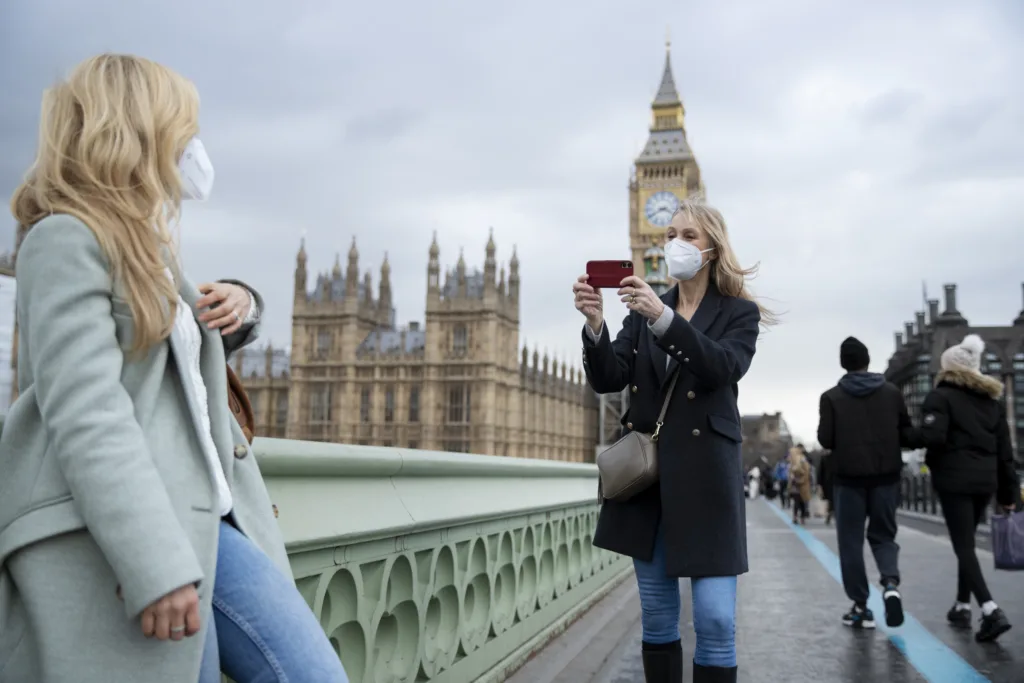
A. Historical Influences
The cultural landscape of the United Kingdom is deeply rooted in its rich history, shaped by a succession of conquests, migrations, and interactions with neighboring civilizations. Key historical influences include:
- Roman Occupation: The Roman Empire’s conquest of Britain in AD 43 left an indelible mark on British culture. Roman engineering marvels such as Hadrian’s Wall and Roman baths endure as testament to their legacy, while Latin words and architectural styles continue to influence modern British society.
- Anglo-Saxon Era: Following the decline of Roman rule, waves of Anglo-Saxon settlers migrated to Britain from the European continent. Their language, Old English, laid the foundation for the English language we know today, while their societal structures and legal systems shaped early English culture.
- Norman Conquest: In 1066, the Norman Conquest under William the Conqueror ushered in a new era of cultural influence in Britain. Norman French became the language of the ruling elite and leaving its mark on the English language through the incorporation of French vocabulary into the English lexicon.
B. Modern Cultural Elements
Despite its ancient roots, British culture is also characterized by its vibrant and ever-evolving modern elements, which encompass:
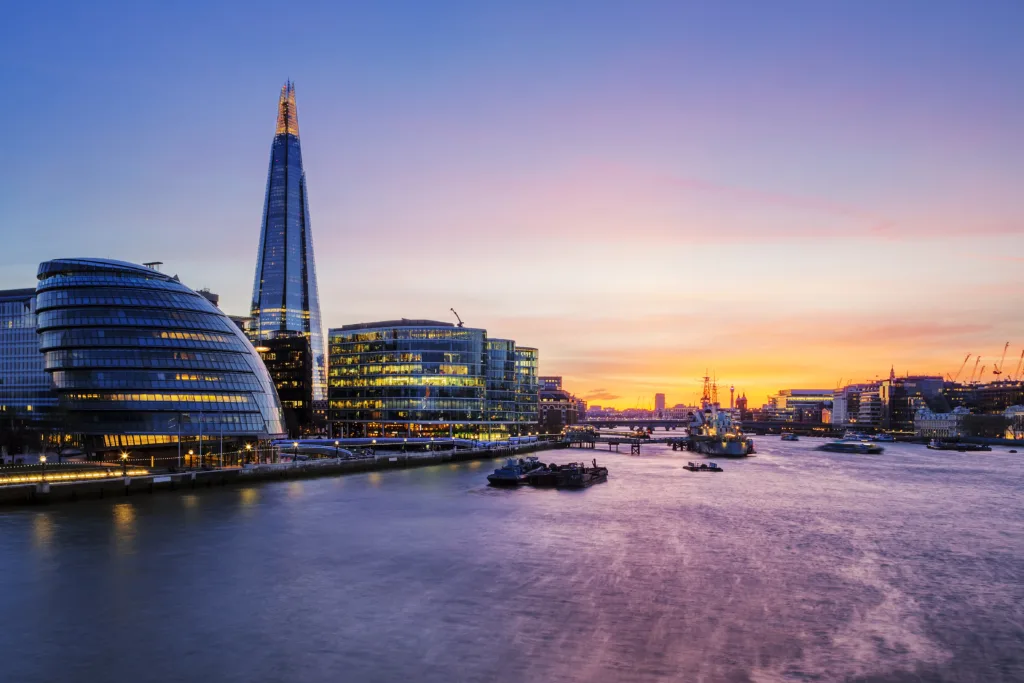
- Literature: British literature boasts a rich tradition spanning centuries, from the timeless works of William Shakespeare to the groundbreaking novels of Charles Dickens and Jane Austen. Contemporary authors such as J.K. Rowling and Zadie Smith continue to shape the literary landscape, reflecting the diversity and dynamism of modern British society.
- Music: The UK has been a global hub for musical innovation, giving rise to iconic bands and genres that have left an indelible mark on popular culture. From the Beatles and the Rolling Stones to modern sensations like Adele and Ed Sheeran, British music continues to captivate audiences worldwide with its creativity and diversity.
- Art: British art encompasses a wide range of styles and movements, from the classical realism of the Pre-Raphaelites to the avant-garde experimentation of the Young British Artists. Renowned painters such as J.M.W. Turner and Francis Bacon have left lasting legacies, while contemporary artists push the boundaries of expression in mediums ranging from painting to sculpture to digital art.
C. Cultural Events and Traditions
British culture is punctuated by a myriad of cultural events and traditions that celebrate its heritage and foster community spirit. Notable examples include:
- Bonfire Night (Guy Fawkes Night): Held on November 5th, Bonfire Night commemorates the failed Gunpowder Plot of 1605, when Guy Fawkes attempted to blow up the Houses of Parliament. The evening is marked by fireworks displays, bonfires, and the burning of effigies, accompanied by traditional foods like toffee apples and bonfire toffee.
- Trooping the Colour: This annual event, held in June to celebrate the official birthday of the British monarch, is a spectacular display of military pageantry and national pride. The highlight of the ceremony is the Trooping the Colour parade, where regiments of the British Army parade in full ceremonial dress, accompanied by music from the Household Division.
These cultural events and traditions serve as poignant reminders of Britain’s storied past and vibrant present, uniting people from all walks of life in celebration of shared heritage and collective identity.
Customs and Etiquette: Navigating British Social Waters
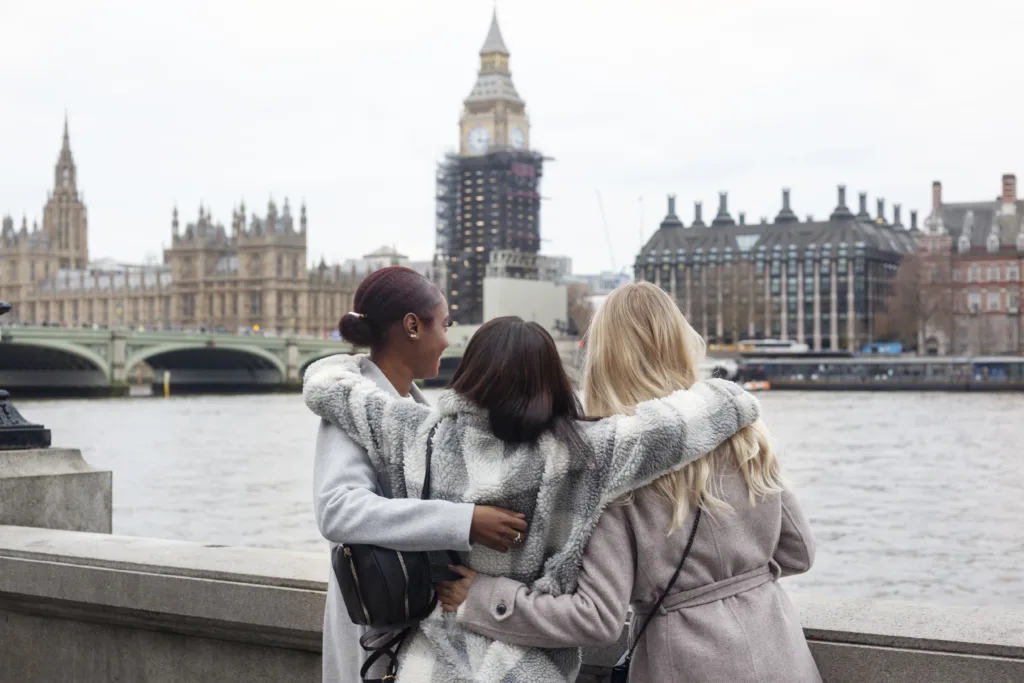
A. Social Norms and Behaviors
In the UK, social norms and behaviors play a crucial role in everyday interactions, shaping the fabric of British society. Here are some key aspects to keep in mind:
- Politeness: Politeness is highly valued in British culture, with please, thank you, and excuse me being commonly used phrases in social interactions.
- Queuing: The British are renowned for their love of orderly queues. Whether waiting for a bus or standing in line at the supermarket, queue-jumping is considered a major faux pas.
- Respect for Personal Space: Britons generally value their personal space and may feel uncomfortable with overly familiar gestures or invading someone’s personal bubble.
B. Greetings and Forms of Address
Greetings in the UK often follow established conventions, with certain formalities observed depending on the context:
- Handshakes: In formal settings, a firm handshake is the customary greeting between acquaintances or when meeting someone for the first time.
- Title and Surname: Addressing people by their title and surname (e.g., Mr. Smith, Mrs. Jones) is common in formal situations, while first names are typically used among friends and colleagues.
- Greetings: “Good morning,” “good afternoon,” and “good evening” are polite ways to greet someone, while “hi” or “hello” are more casual and suitable for informal interactions.
C. Understanding British Humor and Sarcasm
British humor is often characterized by its dry wit, understatement, and penchant for sarcasm. Here’s what you need to know:
- Sarcasm: Sarcasm is a common form of humor in the UK, but it can sometimes be misunderstood by those unfamiliar with British culture. It’s often delivered with a deadpan expression, making it important to pay attention to tone and context.
- Self-Deprecation: Britons are known for their self-deprecating humor, where poking fun at oneself or one’s own shortcomings is seen as a sign of humility and good-naturedness.
- Wordplay and Irony: British humor often involves clever wordplay, puns, and irony. It’s appreciated by those who enjoy wit and intelligence in comedy.
In summary, navigating British customs and etiquette requires an understanding of social norms, greetings, and the unique sense of humor prevalent in British society. By observing these customs with respect and openness, you’ll be well-equipped to engage in meaningful interactions and build positive relationships with Britons.
Cuisine and Dining Culture: A Feast for the Senses
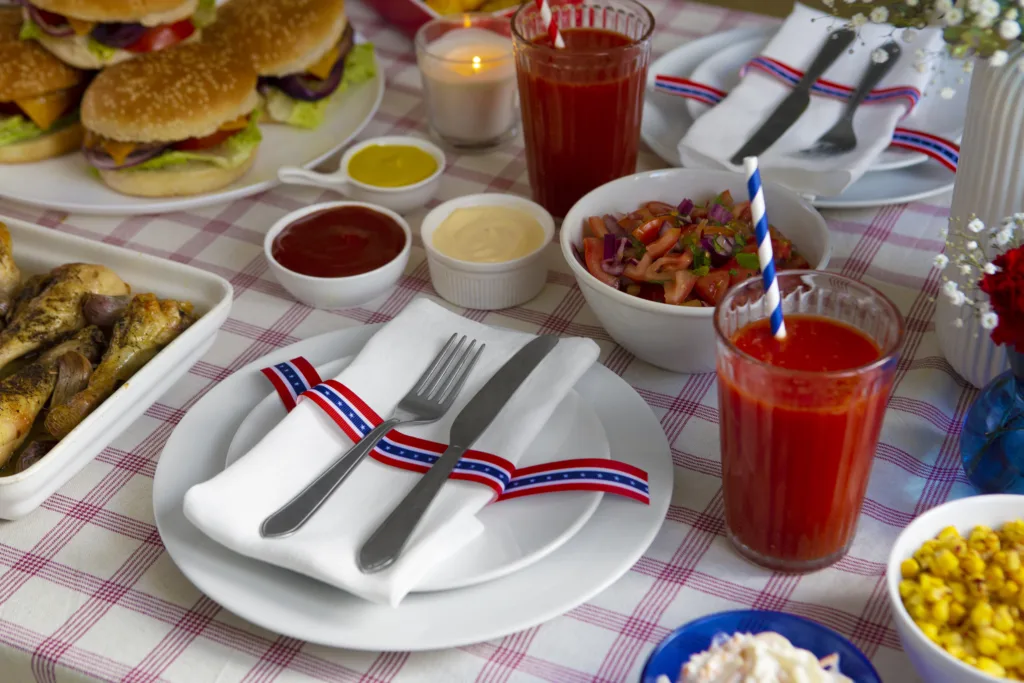
A. Traditional British Dishes
British cuisine is steeped in tradition and comfort, with hearty dishes that warm the soul and satisfy the appetite. Here are some quintessential examples:
- Fish and Chips: This iconic dish consists of battered and fried fish (usually cod or haddock) served with chunky fries (chips) and a side of mushy peas. It’s a beloved classic enjoyed by people of all ages across the UK.
- Roast Dinner: A Sunday roast is a cherished tradition in British households, featuring roast meat (such as beef, lamb, or chicken) accompanied by roast potatoes, Yorkshire pudding, vegetables, and gravy. It’s a hearty and comforting meal that brings families together.
- Full English Breakfast: A hearty breakfast fit for champions, the Full English Breakfast typically includes bacon, sausages, eggs (fried, scrambled, or poached), baked beans, grilled tomatoes, mushrooms, and toast. It’s the perfect way to start the day on a full stomach.
B. Regional Specialties
Each region of the UK boasts its own unique culinary treasures, reflecting local ingredients, traditions, and cultural influences:
- Haggis (Scotland): Scotland’s national dish, haggis, is a savory pudding made from minced sheep’s heart, liver, and lungs, mixed with oats, onions, and spices. It’s traditionally served with neeps (mashed turnips) and tatties (mashed potatoes) on Burns Night, but you can find it on menus year-round.
- Welsh Rarebit (Wales): A simple yet satisfying dish, Welsh rarebit is a variation of cheese on toast made with a savory cheese sauce flavored with mustard, Worcestershire sauce, and ale. It’s a popular comfort food enjoyed across Wales and beyond.
C. Pub Culture and its Significance in British Social Life
Pubs are an integral part of British social life, serving as community hubs where people gather to eat, drink, and socialize. Here’s what makes Pub Culture so special:

- Social Gathering Spaces: Pubs provide a relaxed and welcoming environment where friends, families, and strangers alike can come together to unwind and enjoy each other’s company.
- Traditional Ales and Pub Grub: Pubs offer a wide selection of beers, ales, and ciders, often sourced from local breweries. Pair your drink with classic pub grub such as bangers and mash, steak and ale pie, or a ploughman’s lunch for a quintessentially British dining experience.
- Sense of Community: Pubs play a vital role in fostering a sense of community, hosting events like pub quizzes, live music nights, and local gatherings. They’re often the heart and soul of neighborhoods, bringing people together in celebration and camaraderie.
Festivals and Celebrations: Embracing the Spirit of Britain

A. Overview of Major Festivals and Celebrations
The United Kingdom boasts a calendar filled with diverse festivals and celebrations, each offering a unique opportunity for revelry, reflection, and community spirit:
- Christmas: Christmas is celebrated with great fervor across the UK, marked by festive decorations, carol singing, gift-giving, and traditional meals shared with family and friends. From sparkling lights on Oxford Street to the annual Christmas markets, the holiday season transforms cities and towns into magical wonderlands.
- Easter: Easter heralds the arrival of spring and is celebrated with religious observances, egg hunts, and feasting. Hot cross buns, chocolate eggs, and roast lamb are among the culinary delights enjoyed during this time, while parades and fairs add to the festive atmosphere.
- St. Patrick’s Day: While St. Patrick’s Day originated in Ireland, it is widely celebrated in the UK, particularly in cities like London, Manchester, and Birmingham. Festivities typically include parades, music performances, and plenty of Guinness flowing in pubs as revelers don green attire to honor Ireland’s patron saint.
B. Unique Cultural Festivals
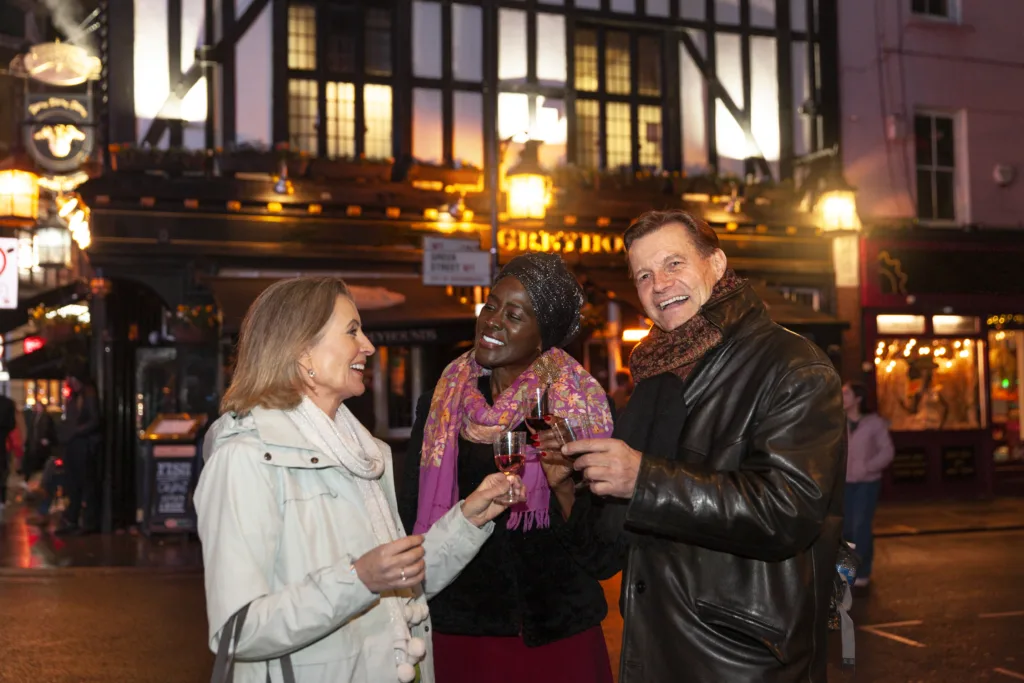
In addition to major holidays, the UK is home to a wealth of unique cultural festivals that showcase the nation’s creativity, diversity, and heritage:
- Edinburgh Festival Fringe: The world’s largest arts festival, the Edinburgh Festival Fringe takes place annually in August, attracting thousands of performers and millions of visitors from around the globe. From comedy shows to theater productions, dance performances to spoken word events, the Fringe offers something for everyone, with venues ranging from traditional theaters to makeshift stages in pubs and cafes.
- Notting Hill Carnival: Held annually on the streets of Notting Hill in London, the Notting Hill Carnival is Europe’s largest street festival and a celebration of Caribbean culture and heritage. Featuring vibrant parades, colorful costumes, pulsating music, and mouthwatering Caribbean cuisine, the Carnival brings together people of all backgrounds in a joyous celebration of diversity and unity.
These festivals and celebrations serve as important cultural touchstones, fostering a sense of community, belonging, and shared identity among people from all walks of life. Whether celebrating age-old traditions or embracing contemporary creativity, these events highlight the vibrancy and dynamism of British culture. This exploration of festivals and celebrations in the UK provides a glimpse into the rich tapestry of cultural heritage and contemporary expression that defines the nation’s festive spirit.
Tips for Embracing Life in the UK: Making the Most of Your Experience
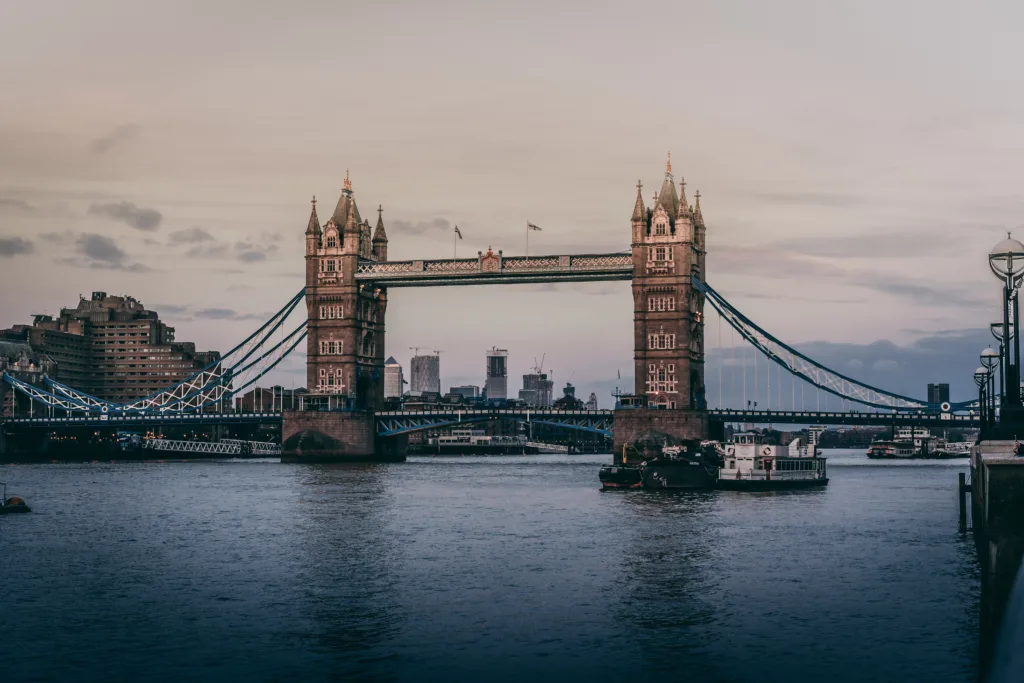
A. Dos and Don’ts for Visitors and Newcomers
Navigating life in the UK can be both exciting and challenging. Here are some essential dos and don’ts to help you navigate British society with ease:
- Do embrace British politeness: Politeness is highly valued in the UK, so remember to say “please” and “thank you” often, hold doors open for others, and queue patiently in lines.
- Don’t forget your umbrella: British weather can be unpredictable, so it’s always a good idea to carry an umbrella or raincoat with you, especially if you’re exploring outdoor attractions or attending outdoor events.
- Do respect cultural differences: The UK is a diverse and multicultural society, so be open-minded and respectful of different customs, traditions, and beliefs. Avoid making assumptions or generalizations about people based on stereotypes.
- Don’t be afraid to ask for help: Whether you’re lost in a new city or unsure about local customs, don’t hesitate to ask for assistance. Britons are generally friendly and helpful, and most people will be happy to offer guidance or advice.
B. Recommendations for Experiencing British Culture, Customs, and Cuisine Firsthand
Immerse yourself in the rich tapestry of British life by exploring the following recommendations:
- Visit cultural landmarks: From iconic landmarks like Buckingham Palace and the Tower of London to historic sites like Stonehenge and Hadrian’s Wall, there’s no shortage of cultural treasures to discover in the UK.
- Attend local events and festivals: Experience the vibrant energy of British culture by attending events like music festivals, food fairs, and cultural celebrations. Keep an eye out for events happening in your area and be sure to participate in the festivities.
- Sample traditional British cuisine: Indulge your taste buds with a variety of British dishes, from classic favorites like fish and chips and afternoon tea to regional specialties like haggis in Scotland and pasties in Cornwall. Don’t be afraid to try something new and adventurous!
C. Resources for Further Exploration and Immersion
Continue your journey of discovery with these resources for further exploration and immersion:
- Museums and galleries: Explore the rich history and cultural heritage of the UK by visiting museums and galleries, many of which offer free admission or special exhibitions showcasing British art, history, and culture.
- Language and cultural exchange programs: Join language and cultural exchange programs to meet new people, practice your English skills, and learn more about British culture firsthand. Programs like language exchanges, conversation clubs, and homestays can provide valuable opportunities for cultural immersion.
- Online resources and forums: Take advantage of online resources and forums to connect with other expats, share experiences, and access valuable information about living and working in the UK. Websites like Expatica, InterNations, and Expat.com offer useful tips, advice, and community support for newcomers to the UK.
By following these tips and recommendations, you’ll be well-equipped to embrace life in the UK and make the most of your experience in this dynamic and culturally rich nation.
Conclusion: Life In United Kingdom
A. Recap of key points discussed: We’ve explored the diverse facets of life in the United Kingdom, from its rich cultural heritage to its vibrant culinary scene and unique customs and traditions.
B. Reflection on the richness and diversity of life in the United Kingdom: The UK is a tapestry of history, creativity, and community, where traditions blend seamlessly with modernity, and every corner offers something new to discover.
C. Invitation for readers to continue exploring and embracing British culture, customs, and cuisine: Join us in celebrating the wonders of British life and culture. Whether you’re a visitor or a newcomer, there’s always more to explore, experience, and enjoy in the United Kingdom.
FAQs
Here are the 10 most popular FAQs related to “Life in the United Kingdom“:
- What is the healthcare system like in the United Kingdom?
- The United Kingdom has a publicly funded healthcare system known as the National Health Service (NHS), which provides medical care to residents free at the point of use.
- What are the visa requirements for living and working in the United Kingdom?
- Visa requirements vary depending on factors such as nationality, purpose of stay, and length of stay. Common visa types include work visas, student visas, and family visas.
- What is the education system like in the United Kingdom?
- The education system in the United Kingdom is comprehensive and includes primary, secondary, and higher education institutions. The UK is home to many prestigious universities and colleges.
- What is the cost of living like in the United Kingdom?
- The cost of living in the United Kingdom varies depending on factors such as location, lifestyle, and individual preferences. It’s essential to budget accordingly and research specific costs in your desired area.
- What are the transportation options available in the United Kingdom?
- The United Kingdom has an extensive public transportation network, including trains, buses, trams, and the London Underground (Tube). Many cities also have bike-sharing schemes and pedestrian-friendly areas.
- What are the cultural norms and customs to be aware of in the United Kingdom?
- The United Kingdom has a rich cultural heritage and diverse population. Understanding social etiquette, manners, and traditions can help newcomers navigate daily interactions more smoothly.
- What are the job opportunities like in the United Kingdom?
- Job opportunities in the United Kingdom vary by industry, location, and skill level. Major cities like London offer a wide range of employment options, but competition can be fierce.
- What is the weather like in the United Kingdom?
- The weather in the United Kingdom is variable and can change frequently. It’s known for its temperate maritime climate, with mild summers and cool winters, although weather patterns can vary across regions.
- How do I open a bank account in the United Kingdom?
- Opening a bank account in the United Kingdom is relatively straightforward for residents. You’ll typically need proof of identity, proof of address, and sometimes proof of income.
- What are some popular leisure activities and attractions in the United Kingdom?
- The United Kingdom offers a wealth of leisure activities and attractions, including historic landmarks, museums, galleries, parks, theaters, and vibrant nightlife scenes. There’s something for everyone to enjoy!
You Can Also Read Our Article on: Exploring Life in The United States

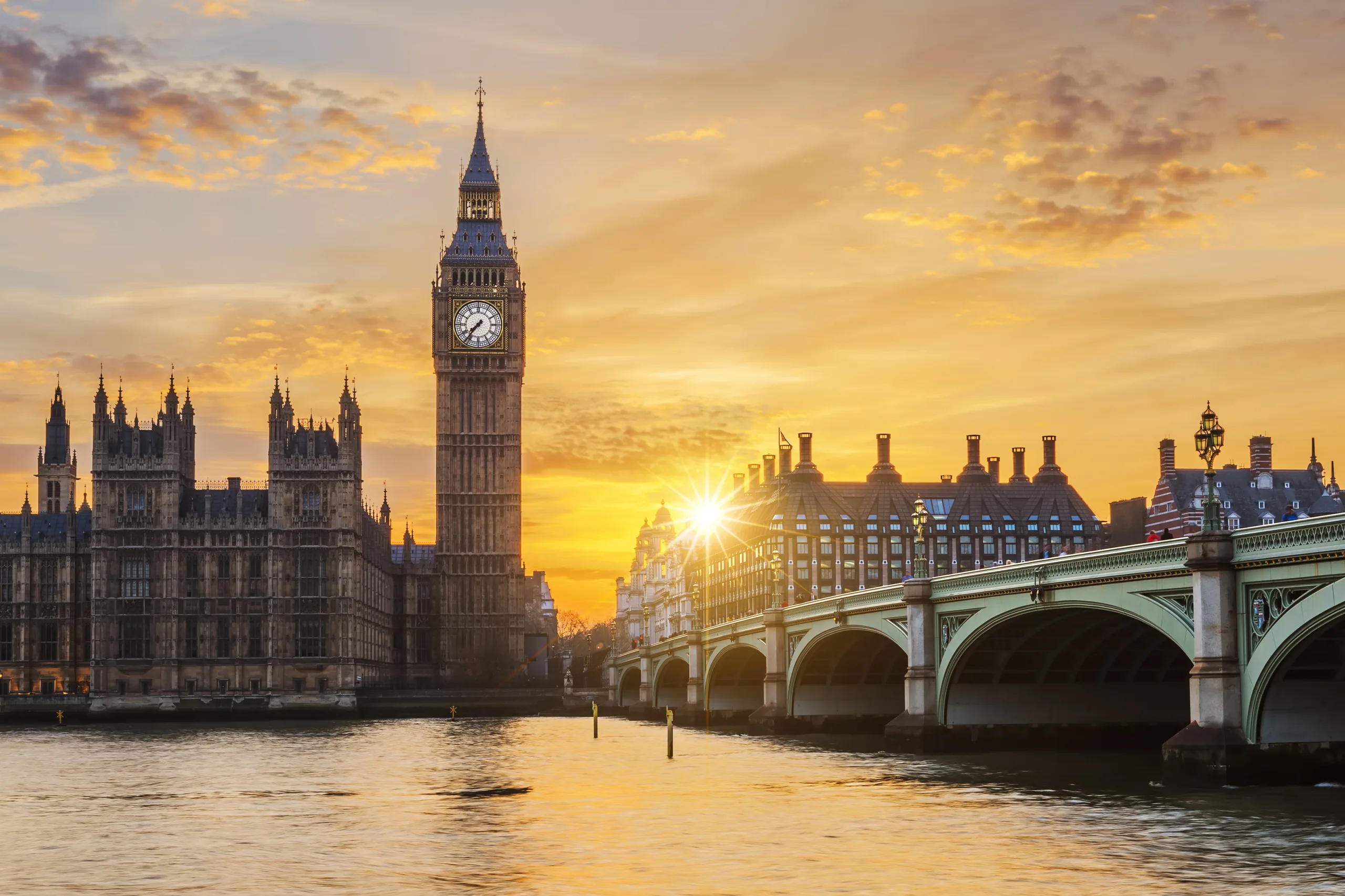
1 thought on “Life in the United Kingdom: Culture, Customs, and Cuisine”